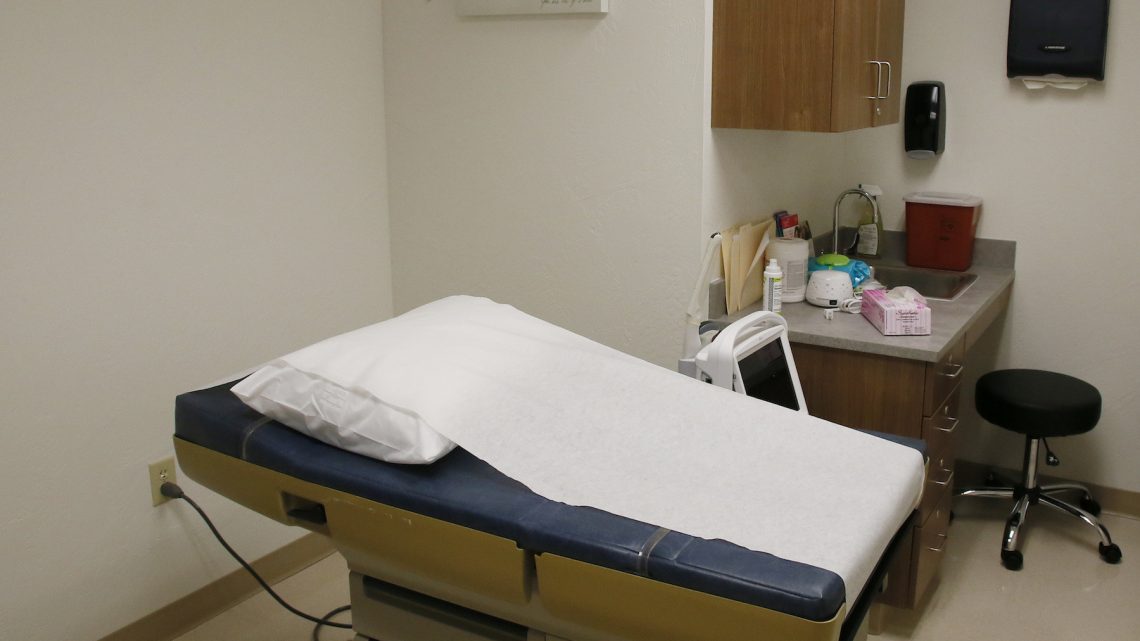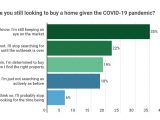
Alabama Just Became the First State Without Abortions Because of Coronavirus Measures
March 30, 2020Update: Abortions have also stopped in Oklahoma, according to a legal filing by the Center for Reproductive Rights on Monday.
Alabama became the first state in America without access to abortion after the state’s Republican governor, Kay Ivey, banned non-emergency medical procedures on Friday.
The order, intended to contain the spread of the coronavirus, permits care only for those dealing with “emergency medical conditions.”
While the order did not explicitly say abortions are now banned, the threat of possible prosecution for breaking the order led the three remaining clinics in the state to suspend abortion services.
As of Monday, none of those three clinics were providing the procedure. One of the clinics cancelled its Monday and Tuesday appointments, the second is not providing abortion care this week, and the third doesn’t provide abortions on Mondays, and said it would postpone upcoming abortions if the governor's order is allowed to stand.
READ: Coronavirus is destroying abortion access across the U.S.
Medical facilities that violate Alabama’s health order could be charged with a crime. An officer from the Alabama Department of Public Health referred VICE News to a newly-released document on “Guidance for Law Enforcement” issued by the state’s attorney general that states: “Any person who knowingly violates or fails to obey or comply with any rule or regulation adopted and promulgated by the State Board of Health of this state shall be guilty of a misdemeanor.”
“The state health order speaks for itself,” the officer told VICE News. “It applies to all healthcare facilities and all healthcare providers licensed in the state.”
The ACLU filed emergency legal action on Monday, their attorneys asking for a decision from the Alabama court by 8 p.m. Monday night.
“Abortion providers have no choice but to stop providing abortion care because the state has refused to assure them that they won’t be prosecuted for providing essential, time-sensitive healthcare,” an ACLU spokesperson told VICE News.
The ACLU’s filing against the state claims that “the March 27 Order directly conflicts with Roe and more than four decades of Supreme Court precedent affirming its central holding and is unconstitutionally vague.”
Now, it’s in the hands of the Middle District of Alabama court to decide whether the state deems abortion an essential service during the pandemic.
Gloria Gray, the owner of the West Alabama Women’s Center in Tuscaloosa had postponed all Monday and Tuesday appointments. “It is sad for so many of our patients,” she said. “We have been extremely busy until the governor ordered the stay-at-home on the 27th.”
Dalton Johnson, the owner of Alabama Women's Center in Huntsville, which doesn’t schedule abortions on Mondays, said if the court doesn’t grant an injunction by the evening, the clinic would cancel its Tuesday appointments.
“You’re basically forcing people to continue their pregnancies if you don't give them this option,” he said.
READ: Coronavirus could end abortion access in some parts of the U.S. Here's why.
The state’s order has already impacted clients. “One lady could not get an appointment in Texas, so she made an appointment in Louisiana. They cancelled due to shutdown, so she scheduled with us,” Gray said. “We did her 48-hour counseling Saturday and scheduled her to come back today for her procedure. She rented a hotel room here in Tuscaloosa for the weekend — and then we had to cancel due to the governor's order.”
Gray said the woman was in tears, and that the clinic will offer her the procedure at no cost if they’re able to continue performing abortions again in the next few days.
Alabama is the ninth state to attempt to curtail abortion during the pandemic — but it seems to be the first where that move has made abortion at least temporarily unavailable statewide. The ACLU filed lawsuits against Ohio and Iowa at the same time as Alabama, while the Center for Reproductive Rights filed one against Oklahoma. This wave of legal filings came a week after litigation was filed against Texas and as abortion-rights groups are fighting to declare abortion care essential amid the pandemic.
Earlier Monday, a federal district judge granted Texas abortion providers a temporary restraining order on the coronavirus directives that impacted their clinics. For now, and up until April 13, Texans will be able to access abortion care.
The judge who issued the restraining order wrote: “Plaintiffs' patients will suffer serious and irreparable harm in the absence of a temporary restraining order. The attorney general's interpretation of the Executive Order prevents Texas women from exercising what the Supreme Court has declared is their fundamental constitutional right to terminate a pregnancy before a fetus is viable.”
Cover: An exam room in the Trust Women South Wind Women's Center is pictured in Oklahoma City, Friday, Sept. 16, 2016. Six licensed physicians are providing services, including abortions, OB-GYN care, family planning, adoption and emergency contraception. (AP Photo/Sue Ogrocki)


